Cognitive
Hypnotherapy
What is Cognitive Hypnotherapy?
Cognitive Hypnotherapy is a highly effective evidence-based therapy. It combines hypnotherapy with NLP, CBT, Positive Psychology and Evolutionary Psychology. Every client is treated in a unique way and all interventions and hypnotherapy sessions are bespoke to the individual’s needs.
In your first appointment, I will have a conversation with you about how your problem affects you in your everyday life. Every individual experiences their problem differently, which is why every client is treated in a unique way. Cognitive Hypnotherapists do not use one-size-fits-all scripts or treat all clients with the same condition with the same techniques. We customise our sessions according to the individual needs of our clients.
During sessions I will ask you to go into a light trance, a state in which you feel comfortable and relaxed. I will then speak to your unconscious mind so you can let go of your problem and embrace a healthier, happier and more successful you.
Watch this quick video to find out more...
Everyday Trance
Cognitive Hypnotherapy teaches that people are entering into and out of trance states all the time and that trance is an everyday occurrence. We are in a trance state when we are worrying about a presentation at work, when we revert back to childhood, when our boss is moaning at us and when that speech we have to deliver is giving us butterflies in our stomachs.
In fact, these everyday trances make up approximately 90% of our waking life. The majority of these trances are not problems for us; it’s how we live as human beings in the world and plan and live our lives.
However, some of these trances are the result of significant emotional events in our lives. An example would be an encounter with a dangerous dog as a child that leads to a lifelong fear of dogs.
It’s when you encounter a problem like this that you may find Cognitive Hypnotherapy life changing. I will listen to your problem and together we will explore how the problem has been affecting your life. I will then work with you to disrupt the pattern that is causing the problem by using interventions and hypnosis. Together, we will undo the negative feelings that make up your problem and positively move you towards your own personal solution state.
"Confront the dark parts of yourself, and work to banish them with illumination and forgiveness. Your willingness to wrestle with your demons will cause your angels to sing."
— August Wilson —
Can It Work For Me?
Every client is treated in a unique way and every client has their own journey. Cognitive Hypnotherapy is a highly versatile therapy that can be applied to any issue or problem, no matter how big or small. You may be surprised by how quickly your outlook and your life starts to change.
The process of undertaking Cognitive Hypnotherapy is transformative and changes your perception of yourself and the world around you. This leads to improvement in all fields and endeavours, whether professional, family-related or personal and giving you a healthier, happier and more successful life.

An Evidence-based Approach
Quest Cognitive Hypnotherapy (QCH) launched a unique research project in 2011. Using a team of QCH therapists, clients with anxiety and depression were assessed using the same outcome measures currently used to assess the effectiveness of talking therapies within the NHS.
The pilot study was published in the Mental Health Review Journal in 2015. It recorded that, using 118 cases measuring the effectiveness of Cognitive Hypnotherapy for the treatment of depression and anxiety, 71% considered themselves recovered after an average of just four sessions. This compared to an average of 42% for other approaches using the same measures (like CBT). To our knowledge, this is the only hypnotherapy approach to have been validated in this way.
For further information concerning the research project and pilot study released in the Mental Health Review Journal please visit the evidence-based therapy research page.
Find out more
Contact me today for a free consultation so we can start exploring and addressing your problem. In most instances I would recommend 4-6 sessions, but it depends on the circumstances of your case.

